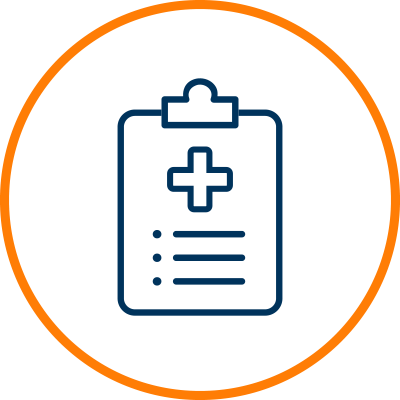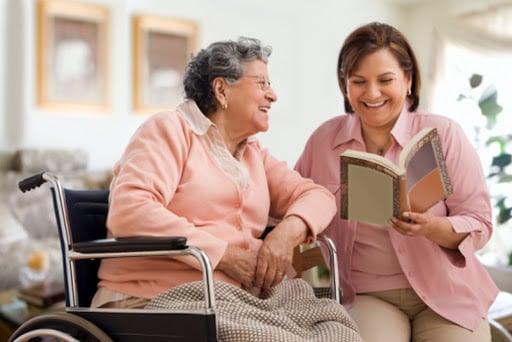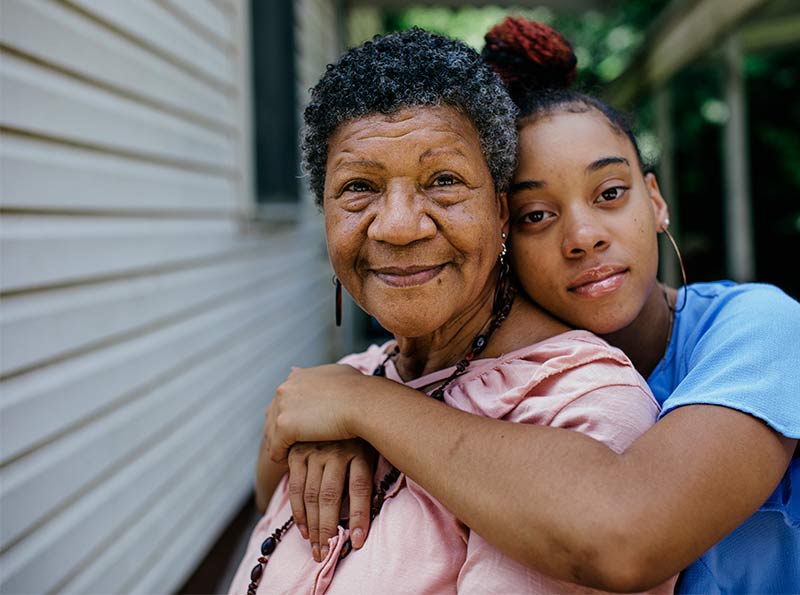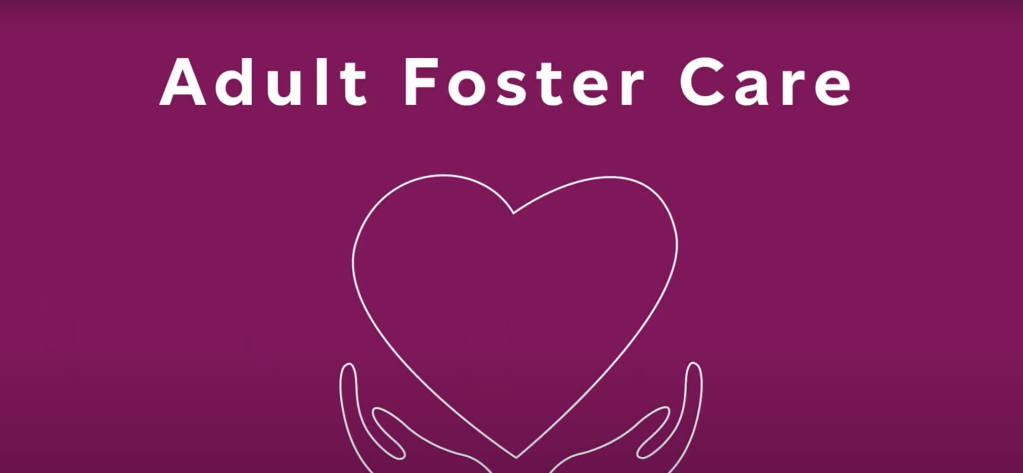
Understanding Appendix K: A Guide for Family Caregivers


art source: AARP
Massachusetts
Massachusetts Medicaid, or MassHealth, offers a number of waivers for home-based care that you may depend on as a family caregiver. Payment for family caregiving is already an option through the PCA program, and Massachusetts hasn’t made any changes to the application process at this time. Under Appendix K, modifications include administrative flexibilities, expanded eligibility for people discharged from long-term care facilities, and the addition of telehealth and meal delivery services. You can find the full description of Appendix K modifications at Mass.gov, the source for information collected below.
Expanding Eligibility for Two Waiver Types
You may be taking care of, or know of, someone who was receiving non-residential long term care until they were discharged from their program due to a COVID-19 related incident. If this is the case, they could be eligible for a MassHealth waiver to receive care at home. Another of Appendix K’s modifications extends eligibility to individuals discharged from qualifying long-stay facilities prior to reaching a continuous 90-day stay due to COVID-19. It applies to participants of the Community Living and Non-residential Acquired Traumatic Brain Injury waivers.
Adding Assistive Technology for Telehealth Delivery
For all HCBS waivers, this service provides devices (rented or purchased laptops, tablets, or smartphones) to be used for telehealth care if a participant doesn’t already have one. Technical assistance and training for the participant, family caregivers, or other authorized representatives is also included.
Adding Home Delivered Meals for Waiver Participants
Under Appendix K, MassHeath’s Home Delivered Meals service includes the preparation, packaging and delivery of meals, up to a federally-allowed maximum. If you or a household member who typically does the grocery shopping find yourselves need to quarantine, this added service could become essential.
Are you a family caregiver of a loved one enrolled in Medicaid? Maybe you knew about some of these modifications and are making use of them. If you’re looking for a program to provide you with comprehensive support, including a daily stipend and educational training, you might want to investigate MassHealth’s options for Enhanced Adult Foster Care services. Caregiver Homes has provided this model of care for Massachusetts residents for over 20 years, and has been sustaining family caregivers throughout the pandemic.
Click here to see if you can receive Enhanced Adult Foster Care services for your loved one in Massachusetts.

art source: carp.ca
Connecticut
In Connecticut, HUSKY Health members should note a number of changes in response to the pandemic, including free testing even for uninsured adults and children, early refills for medications, and more.
Appendix K makes adjustments to two HUSKY Health waivers for Home and Community-Based Services: the Home Care Program for Elders waiver and the Personal Care Assistance waiver. These modifications provide direct support for family caregivers, including payment for caregiving services and Meals on Wheels. Medicaid.gov is the source for information below, and you can find the full Appendix K documents at that address.
Payment for Services Rendered by Family Caregivers
If the waiver doesn’t already permit it, and in the event that professional home health aides are not an option, the state will allow non-legally liable family members to be reimbursed for the care they provide a loved one. If you’re currently in an unexpected caregiving situation and are struggling financially, this adjustment could make a world of difference. You’ll find more information about support for family caregivers at the end of this section.
Fewer Evaluations, Virtual Evaluations
Assessments and reassessments for these two waivers be conducted virtually, waiving the usual face-to-face assessment requirement. The requirements for frequency of reassessments will be temporarily waived as well, extended to a maximum of 12 months beyond the initial re-evaluation deadline. You shouldn’t have to worry about missing appointments and losing your benefits.
Meals on Wheels
This service may become essential if your entire household is at any point forced to quarantine. Home-delivered meals will be provided as an option for all waiver participants in Connecticut during the pandemic. Through Meals on Wheels, ethnic foods and meals for those on diabetic, cardiac, low sodium, or renal diets are available. Liquid supplements, such as Ensure, are generally unavailable, but there is one Community Action Agency in Northwest CT that provides a liquid supplement meal replacement.
Were you aware of all these modifications to the Medicaid waivers? If you’re the family caregiver of a Medicaid-eligible elder in Connecticut who is looking for more support during the pandemic, you might want to consider enrolling in an Adult Family Living program with Caregiver Homes. Caregiver Homes provides a daily stipend for caregiving expenses, as well as services for educational and emotional support to help you care for your loved one.
Click here to learn more about Adult Family Living with Caregiver Homes in Connecticut.

Indiana
Informal caregivers taking care of Medicaid-eligible loved ones are a major focus of the Appendix K modifications in Indiana. In response to the pandemic, the state has been granted authority to expand the accessibility of care under Medicaid in general, pay family caregivers, and offer other supports. To read the full Appendix K documents, you can consult the source of the information below at Medicaid.gov.
Eligibility and Healthcare Accessibility
During the pandemic, it’s possible to enroll in Medicaid by self-attesting to your income and other criteria. The only time official documentation is required is to prove citizenship status.
In addition, Appendix K eliminates all deductibles, copayments, and other cost-sharing charges for people with disabilities at this time. Enrollment fees and premiums for certain adult coverage groups are eliminated as well. Indiana Medicaid will pay the same amount for at least some telehealth services as it would in-person health visits, and virtual evaluations for HCBS waiver enrollees are permitted, according to KFF.
Payment for Family Caregivers of Minors
When Day Habilitation services for minors on a Person-Centered Individualized Support Plan (PC/ISP) are interrupted due to COVID-19, parents, stepparents, and legal guardians will be temporarily allowed to step in as paid caregivers. Each caregiver of a minor can be compensated up to 40 hours a week of care services.
Structured Family Caregiving for Spouses
When existing services on a participant’s PC/ISP are interrupted due to COVID-19, care may be taken up temporarily by a live-in spouse. Structured Family Caregiving (previously known as Adult Foster Care) provides financial support to family caregivers as well as educational tools and a digital platform to collaborate with care staff remotely. The program is already approved in Indiana for those caring for a blood relative. With the modification of Appendix K, these services are temporarily available to support spousal caregivers as well.
Interested in enrolling in SFC? Caregiver Homes, a trusted provider of SFC for over 20 years, is currently working with state officials in Indiana to launch an expedited eligibility pilot program. You could skip the lengthy enrollment process and start receiving support in as soon as ten days.
Click here to find out if you are eligible for the SFC pilot program and learn how to apply. Click here to learn about the traditional enrollment process.

art source: American Stroke Association
Georgia
Aside from modifications such as suspending copayments for all COVID-19 testing and treatment throughout the health emergency, Georgia has made a series of adjustments to the current waivers that provide Home and Community-Based Services (HCBS).
Appendix K modifies at least two waivers that affect family caregivers: the Comprehensive Supports Waiver Program (COMP), and the New Options Waiver (NOW). If you’re the family caregiver of a Medicaid-eligible love one not currently enrolled in these, you might want to consider applying. The services being offered now could make a big impact on your life during the pandemic. The information below was collected from official state documents detailing the all modifications made under Appendix K, which can be accessed via Medicaid.gov.
Expanding Settings Where Services May be Provided, Including Family Homes and Out of State Settings
During the pandemic, Community Living Services, Additional Staffing Services, Community Access, and Out-of-Home Respite may be delivered in alternative settings, including extended family homes. If family members who want to serve as caregivers are living across state lines, that works too. Community Living Support and Respite services can be provided out of state in the event that waiver enrollees need to move for additional support.
Modification for Coverage of In-Home Respite Services
For In-Home Respite care, the usual cap for services may be exceeded while Appendix K is in effect. This means that the services used don’t need to be in the participant’s approved annual budget–the service, amount, and scope may not be reflected in an individual service plan. If you’re responsible for keeping track of a loved one’s respite care expenses in Georgia, it’s one less thing to worry about.
Payment For Care Tasks by Family Caregivers
If not already permitted under the waiver, family caregivers or legally responsible individuals can temporarily receive payment for the care they provide a loved one living in the same household. This modification allows a provider network to hire family caregivers to provide Community Living Supports, Community Access, and/or Respite Services if existing provider staff are unable to render the service due to health and safety concerns.
As a reimbursed family caregiver, you’ll receive remote support from the provider network, including training and education. During this time, providers are able to exceed the usual cap limitations for both Community Living Services and (whether they’re provided by a traditional provider, a live-in caregiver, or a combination of both). This means there will be extra support available for you as a participating family caregiver if the pandemic makes it necessary.
Interested in receiving training and financial support for your caregiving tasks? Seniorlink has over 20 years of experience in offering one of these highly-valued programs, Structured Family Caregiving (SFC). Under Appendix K, you may be eligible to take advantage of the supports and resources SFC has to offer.
Click here to learn more and determine your eligibility for SFC in Georgia.
More insights like this:
-

Massachusetts Adult Foster Care Eligibility Defined
Read more: Massachusetts Adult Foster Care Eligibility DefinedFor family caregivers, it’s crucial to create a community of support and utilize all the programs and resources available to you to improve your caregiver experience. In Massachusetts, the Adult Foster Care Program can be an excellent source of support, but eligibility can sometimes be overwhelming to navigate on your own. “The Massachusetts Adult Foster…
-

Georgia Structured Family Caregiving Eligibility Defined
Read more: Georgia Structured Family Caregiving Eligibility DefinedStructured Family Caregiving is a Medicaid program that helps beneficiaries safely remain in their homes, through payments and other support services. “Navigating Georgia Structured Family Caregiving can often seem like a daunting task,” says Melissa Comeau, Careforth’s Director of Care Management. “However, with guidance and support, one can better understand the process, handle…
-

How to Become a Paid Caregiver for a Family Member: 6 Steps to Uncovering Financial Assistance Options for Family Caregivers
Read more: How to Become a Paid Caregiver for a Family Member: 6 Steps to Uncovering Financial Assistance Options for Family CaregiversIn this article: Step 1: Determine Your Eligibility for Medicaid’s Self-Directed Services ProgramsStep 2: Enroll in a Home and Community-Based Services (HCBS) ProgramStep 3: Determine Whether Your Loved One Is Eligible for Veterans AidStep 4: Determine Whether Your Loved One Has a Long-Term Care Insurance Policy That Provides for Caregiver CompensationStep 5: Determine…